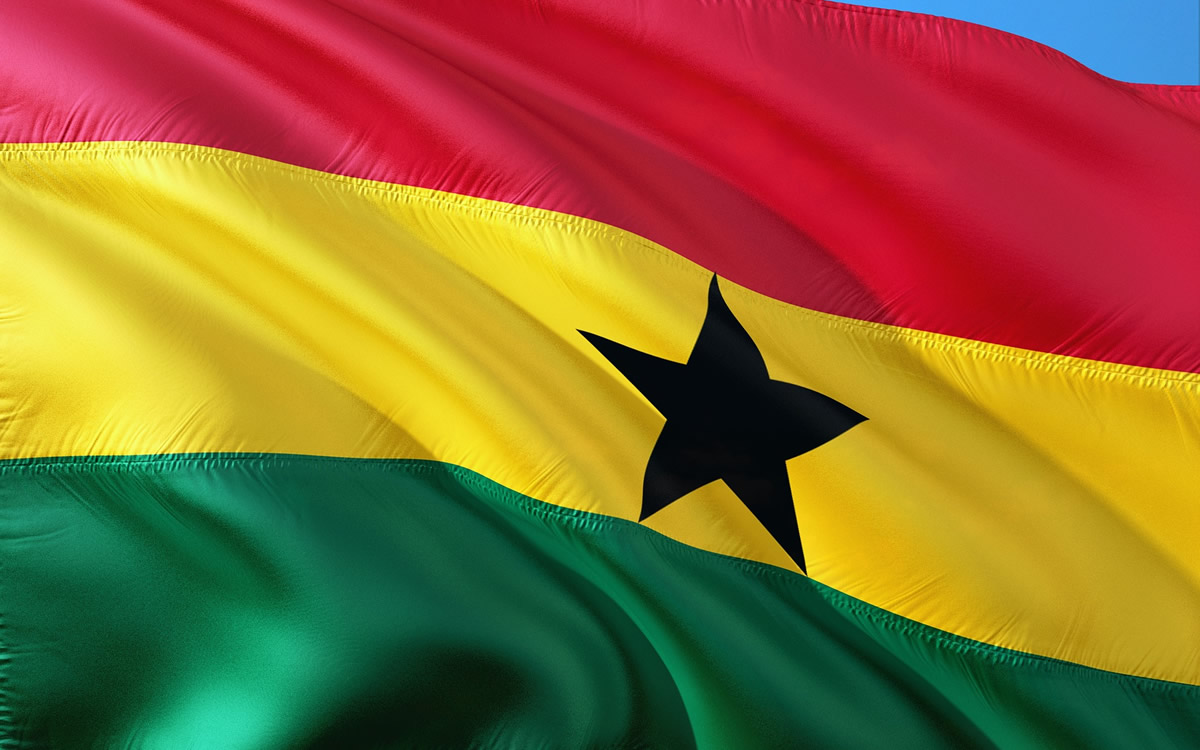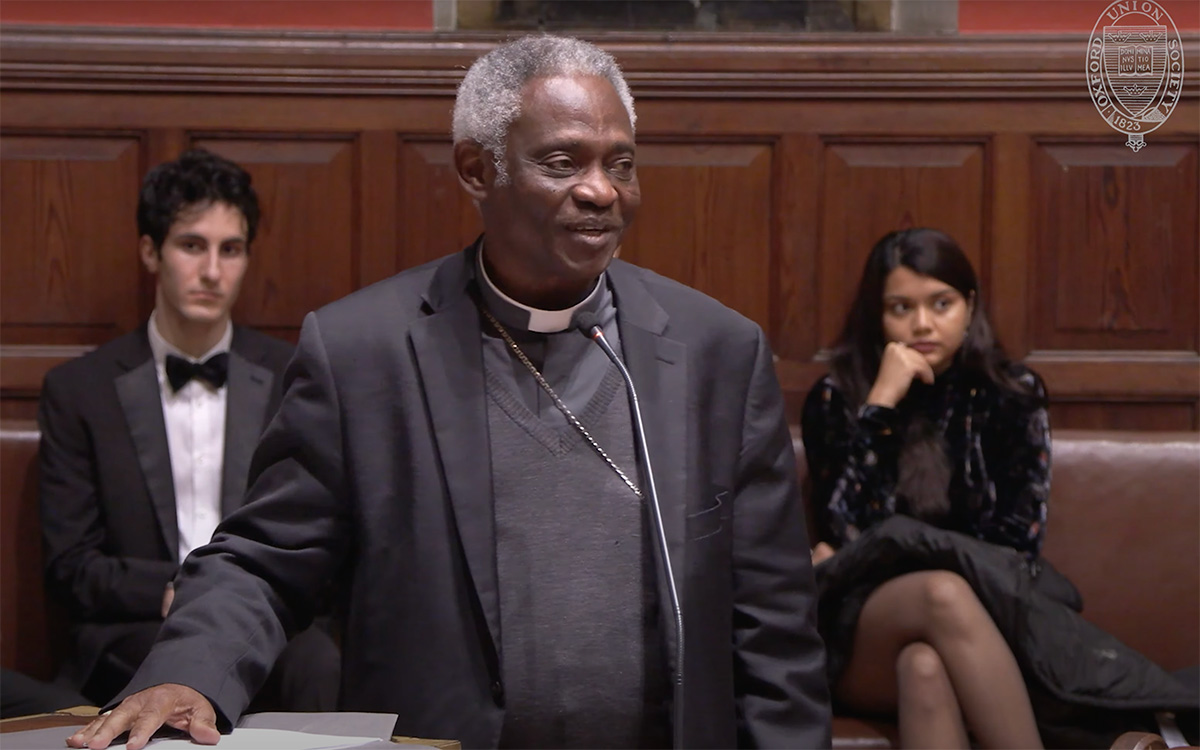Activists: Ghanaian presidential election results will not improve LGBTQ rights (original) (raw)
Ghanaian President-elect John Dramani Mahama (Photo via John Dramani Mahama Official Instagram)
Ghana
Ghana’s president says anti-LGBTQ bill ‘effectively is dead’
Promotion of Proper Human Sexual Rights and Ghanaian Family Values Bill passed in 2024
Published
3 weeks ago
on
January 21, 2025

Ghanaian President John Mahama (Photo via John Mahama's official Instagram account)
Advocacy groups in Ghana have welcomed the demise of a bill that would have further criminalized LGBTQ people and outlawed allyship.
President John Mahama on Jan. 14 said the Promotion of Proper Human Sexual Rights and Ghanaian Family Values Bill that MP Sam George of Ningo-Prampram co-sponsored in 2021 was essentially dead. Mahama made the remarks to a delegation of bishops from the Ghana Catholic Bishop’s Conference.
“If we are teaching our values in schools, we wouldn’t need to pass a bill to enforce family values,” said Mahama. “More than just passing the Family Values Bill, we need to agree on a curriculum that instills these values in our children as they grow.”
The president also said that although MPs passed the bill last February, parliament dissolved before former President Nana Akufo-Ado, whose term ended earlier this month, signed it.
“I don’t know what the promoters of the bill intend to do, but I think we should have a conversation about it again,” said Mahama. “As far as I know, the bill did not get to the president. So, the convention is that all bills that are not assented to law before the expiration of the life of parliament, expire. So that bill effectively is dead.”
LGBT+ Rights Ghana Communications Director Berinyuy Burinyuy said the president’s remarks offer a glimmer of hope for LGBTQ Ghanaians who have long been subjected to systemic discrimination, fear, and violence.
“For many, the mere suggestion that LGBT+ issues could be addressed through education rather than criminalization represents a significant departure from the traditional legislative path championed by the bill’s proponents,” said Burinyuy. “This shift implies a possible opening for dialogue and a more inclusive approach, one that recognizes the need for respect and understanding of diverse sexual identities within Ghanaian society.”
Burinyuy, however, asked about how family values will be incorporated into the educational curriculum.
“Will the curriculum provide a comprehensive, nuanced understanding of human sexuality that respects diversity, or will it risk reinforcing discriminatory attitudes under the guise of cultural preservation?” said Burinyuy. “The fear, particularly among LGBT+ activists is that the emphasis on education could inadvertently foster homophobia in Ghanaian children. If the content is not carefully structured, it could perpetuate harmful stereotypes and deepen existing prejudices.”
“While Mahama may not yet be fully committing to a clear policy direction, his statement leaves open the possibility of a more balanced approach, one that allows for a national conversation on sexual rights without rushing into divisive legislation,” added Burinyuy.
We Are All Ghana said Mahama’s comments are a welcomed approach in addressing anti-LGBTQ sentiments and negative stereotyping.
“We need a holistic educational curriculum for our schools,” said We Are All Ghana. “The children at least deserve to know the truth. There is nothing worse than half baked information.”
Yaw Mensah, an LGBTQ activist, said Mahama is teaching Ghanaians to be tolerant of everyone, regardless of their sexual orientation.
“Mahama is indirectly saying LGBT persons are not Ghana’s problems. Let’s teach families values that accept and respect everyone. Ghanaian values should be tolerance, respect, honesty, hardworking, hospitality, and integrity,” said Mensah. “Those need to be taught and not the hate, discrimination, barbarism, greediness, and hypocrisy that we are seeing in many leaders which transcends into the young ones.”
George has yet to comment on Mensah’s comments about his bill.
Ghana
Ghanaian Supreme Court dismisses challenges to anti-LGBTQ bill
Measure would further criminalize homosexuality, penalize allyship
Published
2 months ago
on
December 18, 2024

Ghanaian flag (Public domain photo from Pixabay)
The Ghanaian Supreme Court on Wednesday dismissed challenges to a bill that would further criminalize LGBTQ people and penalize allyship.
Lawmakers on Feb. 28 approved the Promotion of Proper Human Sexual Rights and Ghanaian Family Values Bill. Two lawyers, Amanda Odoi and Richard Sky, challenged it.
Outgoing President Nana Akufo-Addo had previously said he would not sign the bill into law until the Supreme Court issued its ruling. His successor, President-elect John Dramani Mahama, will take office on Jan. 7.
Secretary of State Antony Blinken on Dec. 10 honored Ebenezer Peegah, executive director of Rightify Ghana, a Ghanaian LGBTQ advocacy group, and six other human rights activists from around the world during a ceremony at the State Department.
Blinken noted the pending Supreme Court ruling — and discrimination and violence that LGBTQ Ghanaians continue to face — before he presented Peegah with the Secretary of State’s Human Rights Defender Award.
“In Ghana, vigilante groups use social media platforms to organize mobs to attack LGBTQI+ people, as well as to entrap, to blackmail, to harass them,” said Blinken. “As these attacks increase, Ghana’s Supreme Court is considering legislation that would criminalize people for identifying as LGBTQI+, as well as threaten Ghanaians’ constitutionally protected freedoms of speech, press, and assembly.”
Ghana
Ghanaian cardinal reiterates support of LGBTQ people
Country’s Supreme Court considering challenge of anti-LGBTQ law
Published
4 months ago
on
October 25, 2024

Cardinal Peter Turkson (Screen capture via OxfordUnion/YouTube)
A Catholic cardinal in Ghana has reiterated his support for LGBTQ people.
Peter Turkson has been vocal against the criminalization of LGBTQ people, advocates, and organizations. He is also among the few African cardinals who have supported the Fiducia Supplicans (Supplicating Trust) document that Pope Francis released last year.
The document offers a narrow set of conditions under which a priest or deacon can offer a blessing to a same-sex couple or unmarried heterosexual couples.
In an interview with TV3 News, a Ghanaian television station, Turkson expressed his grave concerns over the Human Sexual Rights and Family Values Bill currently before the Supreme Court.
The bill, among other things, would further criminalize LGBTQ people and make advocacy on their behalf illegal.
Lawmakers in February approved the measure. President Nana Akufo-Addo has said he will not sign it until the Supreme Court issues its ruling.
Turkson said homosexuality is not new to Ghanaian culture and those who identify as LGBTQ should be treated like any other person.
“Who controls how one is born? And if one is born this way, how does it in itself constitute a crime? You criminalize them for what,” he asked.
Turkson also said there should be respect for diverse views, urging against the criminalization of identity.
Father Peter Knox from the Jesuit Institute in South Africa said there is an almost what he described as a neurotic denial of the fact there are African people who are attracted to people of the same sex.
“The fact that people of the same sex enter into a permanent, loving, supportive, stable, fruitful relationships is beyond the imagination of many Africans. The very notion runs contrary to what many theologians and pastors claim is African culture,” said Knox.
Knox also questioned why homosexuality is regarded as a Western concept, noting South Africa offers asylum to many LGBTQ Africans who are fleeing persecution from their countries of origin.
“For decades South Africa has recognized the refugee status of people who are persecuted or whose lives are endangered because of their sexual orientation,” he noted. “For those who do not try to make it to Europe, South Africa is often a second-best destination.”
Knox noted one South African parish has a support group for LGBTQ parishioners.
“It is noteworthy that none of the members of the group are so-called Europeans. They all come from African countries,” he said. “One also hopes for more prophetic protection of a severely marginalized group on this continent.”
Cardinal Maurice Piat of Mauritius, along with Turkson, is the only other of the continent’s 22 Catholic cardinals who has spoken publicly in support of LGBTQ people. Non-Catholic officials in Africa have largely dismissed Francis’s document.
Cardinal Stephen Ameyu, archbishop of Juba in South Sudan, has said the church’s role is to respond to sinners with mercy. He questioned the blessings of same-sex marriages last December during a press conference at a Christmas event.
“The church takes mercy first. That’s why sometimes we are concerned about people who are criminals, people who have killed people. We turn to them in mercy,” said Ameyu. “So, the state of life that somebody lives does not exclude one from the concern of the church. Be merciful to others provide services to others who need the services, and the church can do a lot in order to convince people in their state of sins to come back to the church and be converted.”
Francis in 2023 visited South Sudan and the Democratic Republic of Congo.